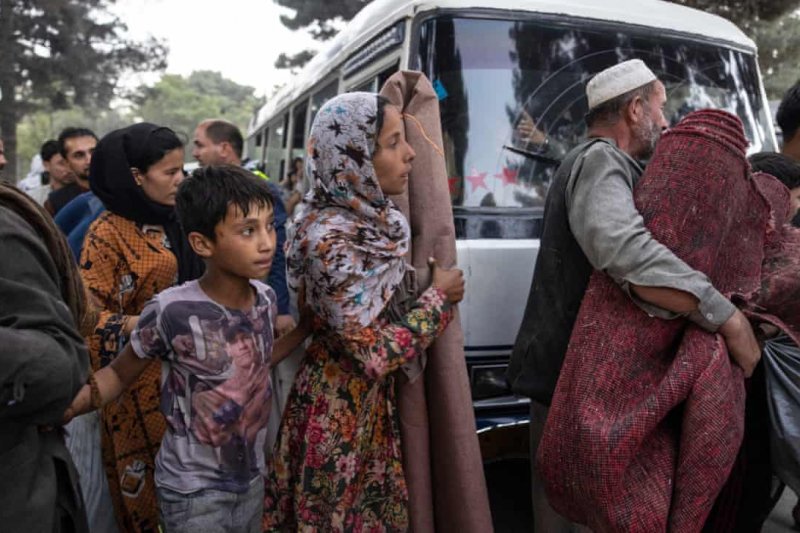Taliban Take Afghanistan’s Third-largest City in Onslaught
The Taliban captured Afghanistan’s third-largest city and a strategic provincial capital near Kabul on Thursday, further squeezing the country’s embattled government just weeks before the end of the American military mission there.
The seizure of Herat marks the biggest prize yet for the Taliban, who have taken 11 of Afghanistan’s 34 provincial capitals as part of a weeklong blitz. Taliban fighters rushed past the Great Mosque in the historic city — which dates to 500 BC and was once a spoil of Alexander the Great — and seized government buildings. Witnesses described hearing sporadic gunfire at one government building while the rest of the city fell silent under the insurgents’ control.
The capture of Ghazni, meanwhile, cuts off a crucial highway linking the Afghan capital with the country’s southern provinces, which similarly find themselves under assault as part of an insurgent push some 20 years after U.S. and NATO troops invaded and ousted the Taliban government.
While Kabul itself isn’t directly under threat yet, the losses and the battles elsewhere further tighten the grip of a resurgent Taliban, who are estimated to now hold over two-thirds of the country and are continuing to pressure government forces in several other provincial capitals.
With security rapidly deteriorating, the United States was sending in 3,000 troops to help evacuate some personnel from the U.S. Embassy in Kabul. Pentagon spokesman John Kirby said one Army and two Marine infantry battalions will enter Afghanistan within the next two days to assist at the Kabul airport with the partial embassy evacuation. Separately, Britain said about 600 troops would be deployed on a short-term basis to support British nationals leaving the country.
Thousands of Afghans have fled their homes amid fears the Taliban will again impose a brutal, repressive government, all but eliminating women’s rights and conducting public amputations, stonings and executions. Peace talks in Qatar remain stalled, though diplomats met throughout the day.
The latest U.S. military intelligence assessment suggests Kabul could come under insurgent pressure within 30 days and that, if current trends hold, the Taliban could gain full control of the country within a few months. The Afghan government may eventually be forced to pull back to defend the capital and just a few other cities in the coming days if the Taliban keep up their momentum.
The onslaught represents a stunning collapse of Afghan forces and renews questions about where the over $830 billion spent by the U.S. Defense Department on fighting, training those troops, and reconstruction efforts went — especially as Taliban fighters ride on American-made Humvees and pickup trucks with M-16s slung across their shoulders.
(Source: AFP)













